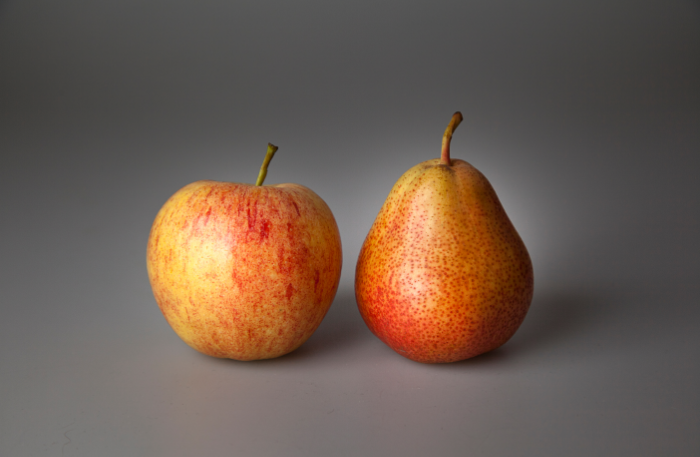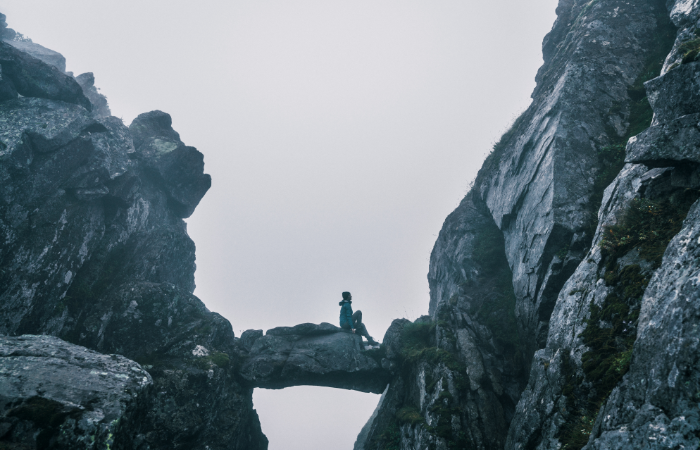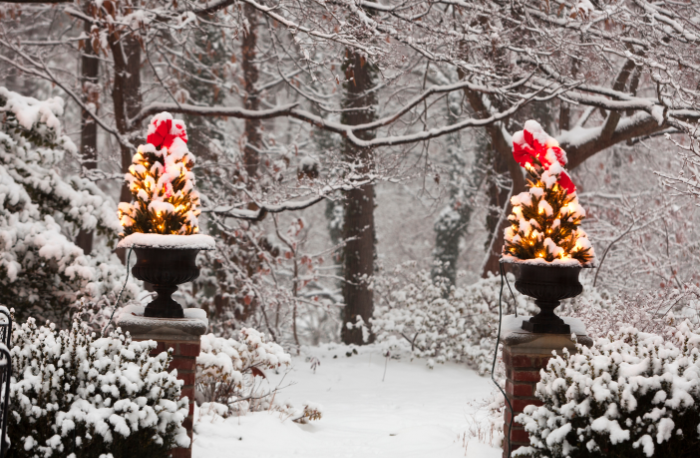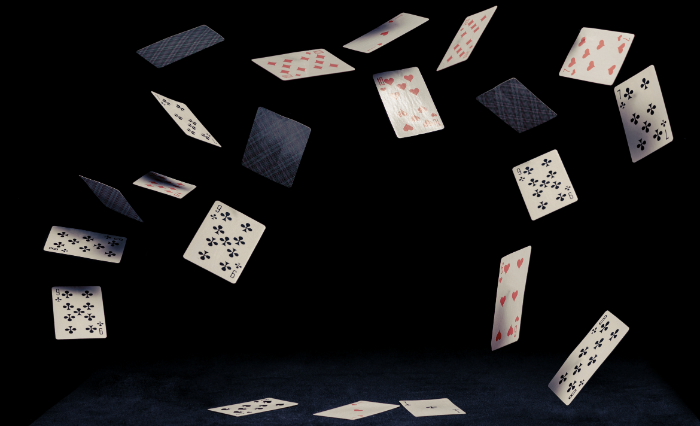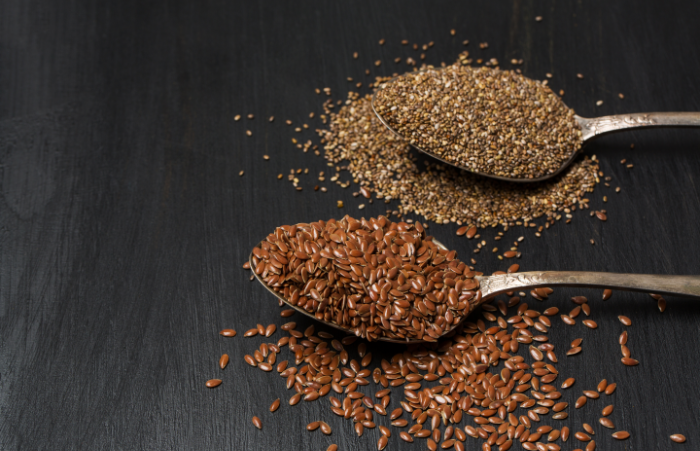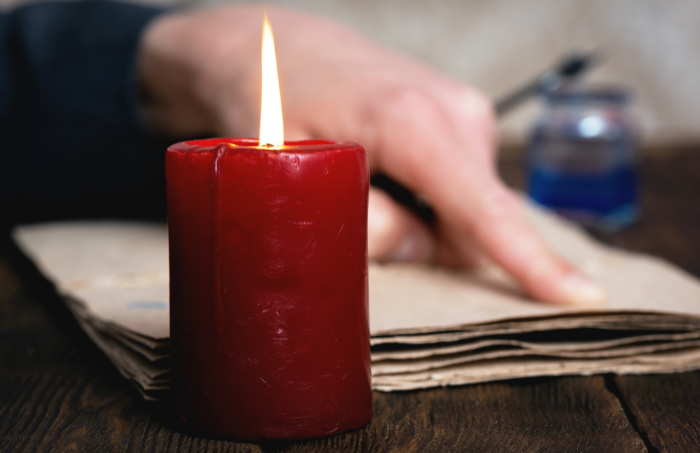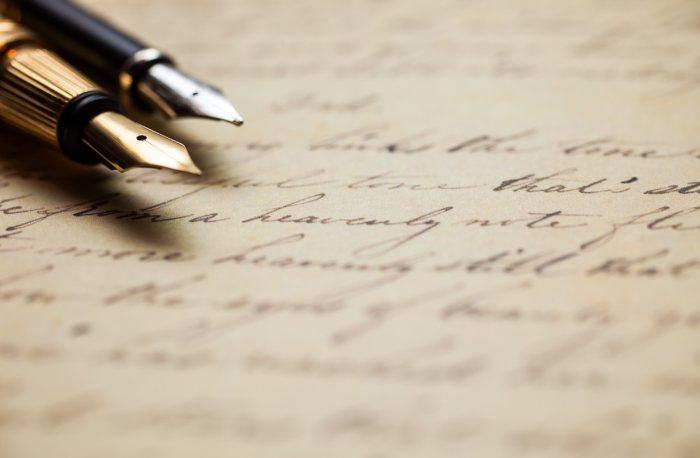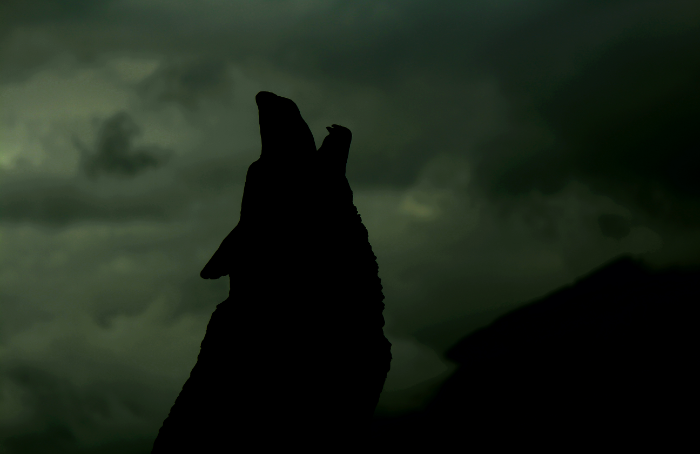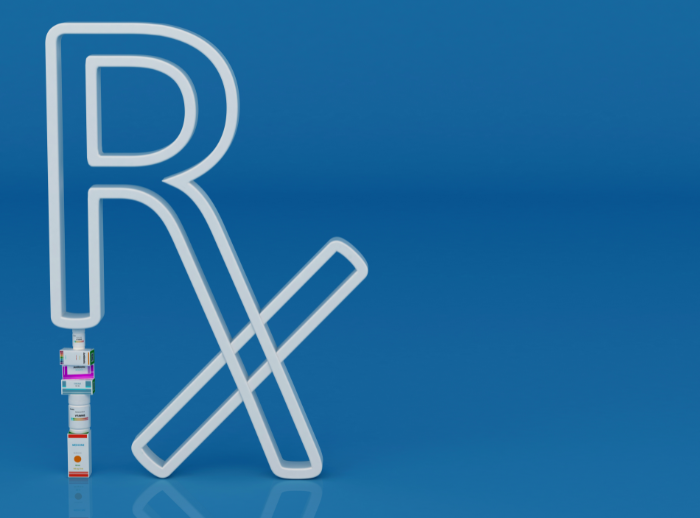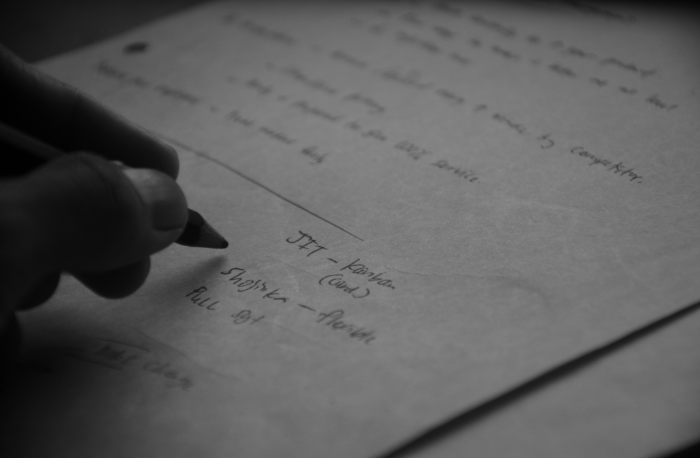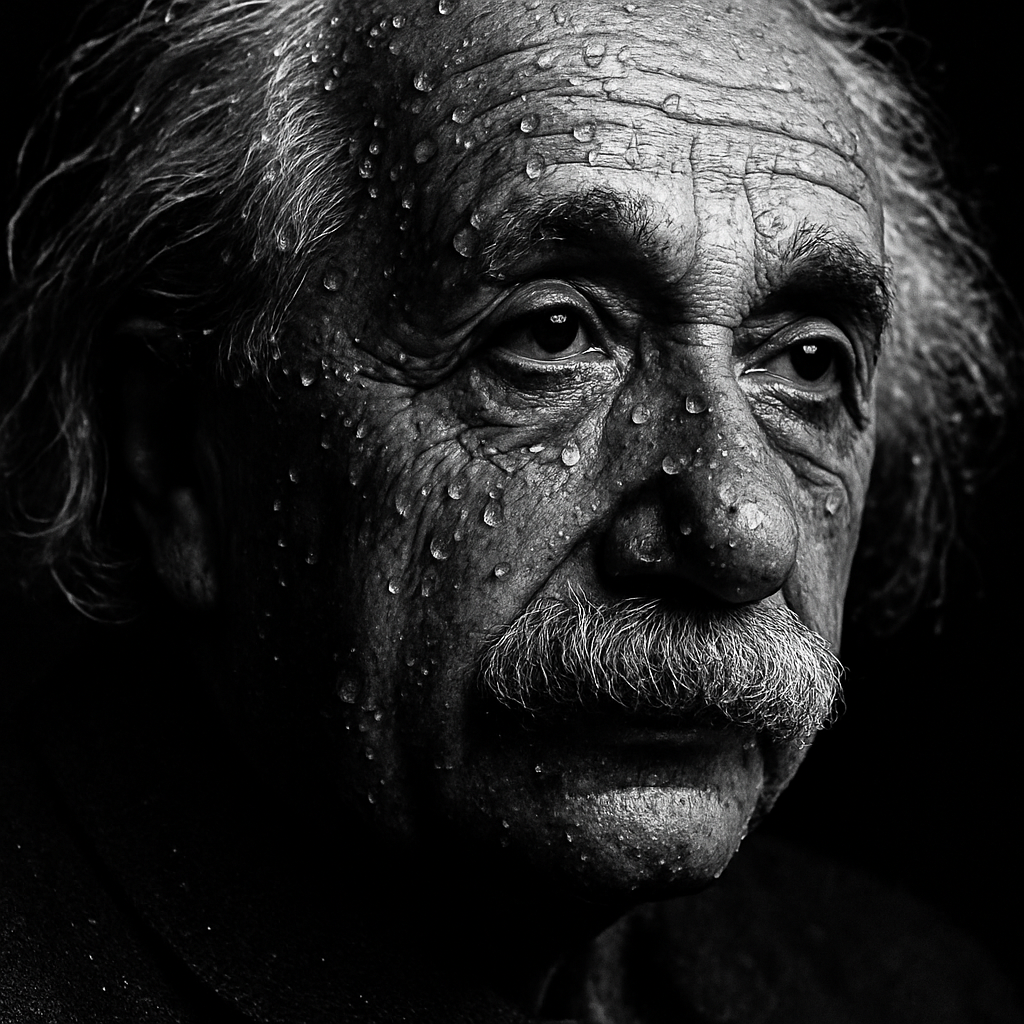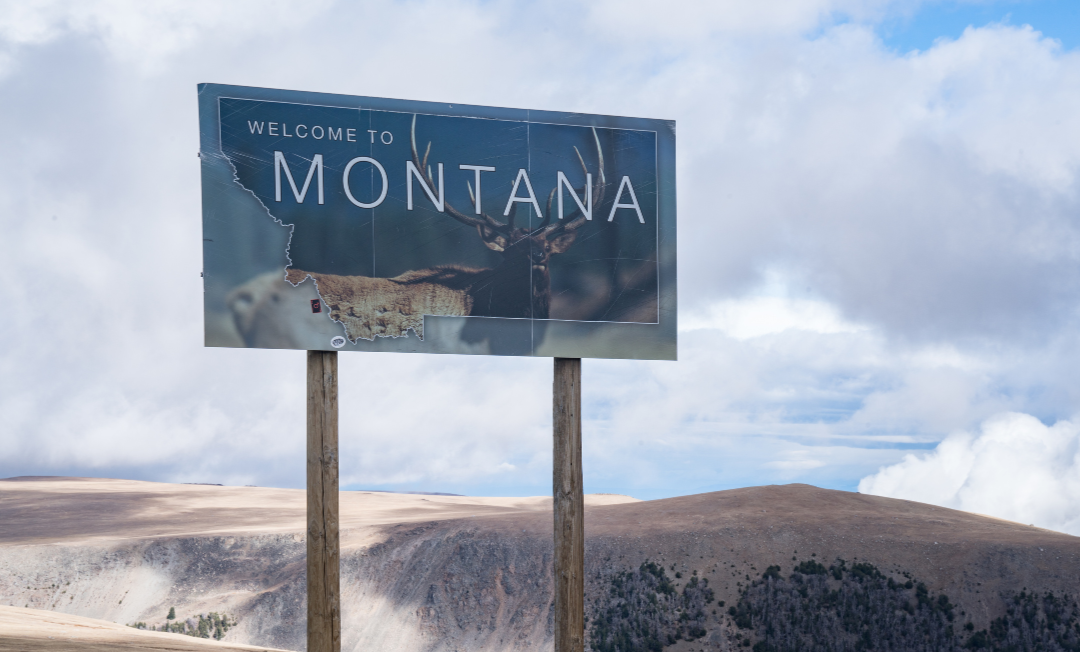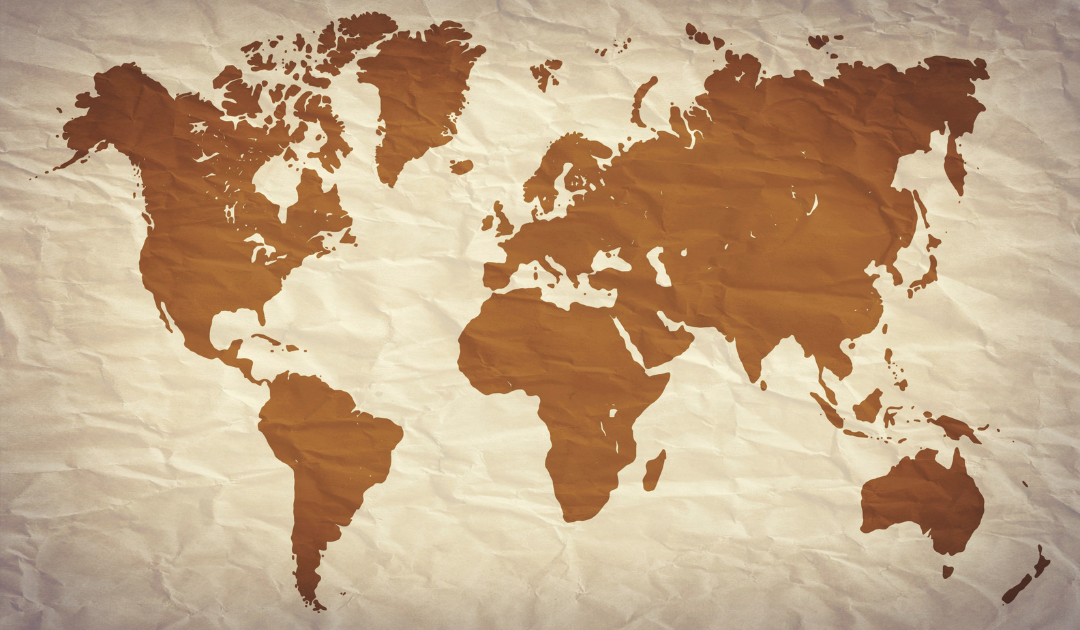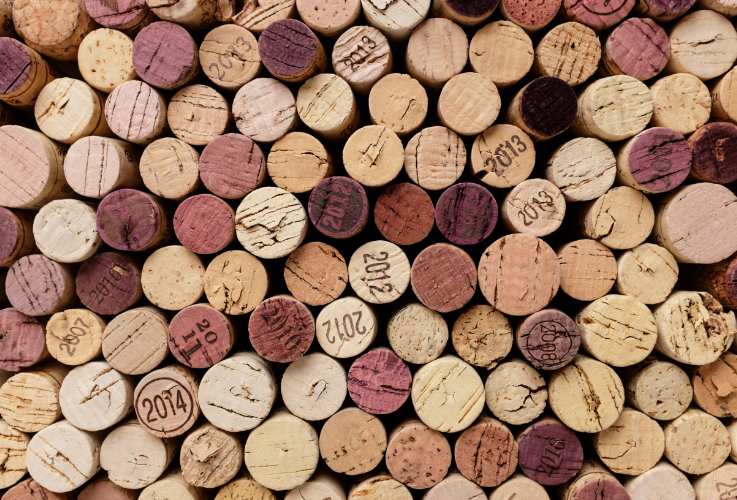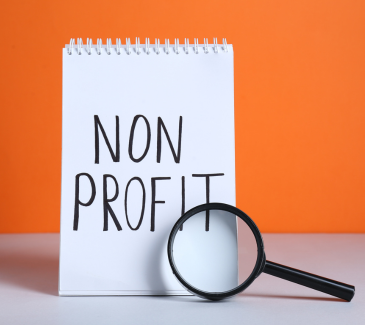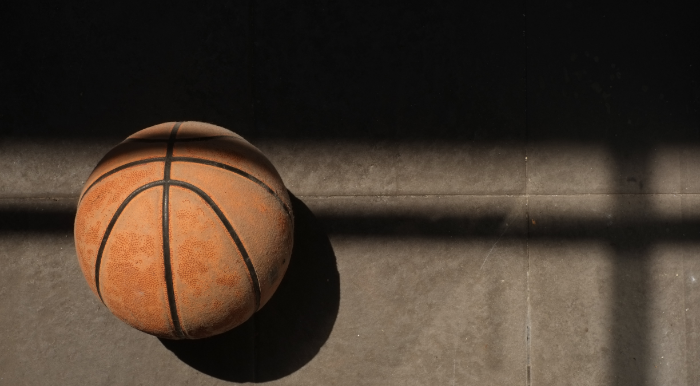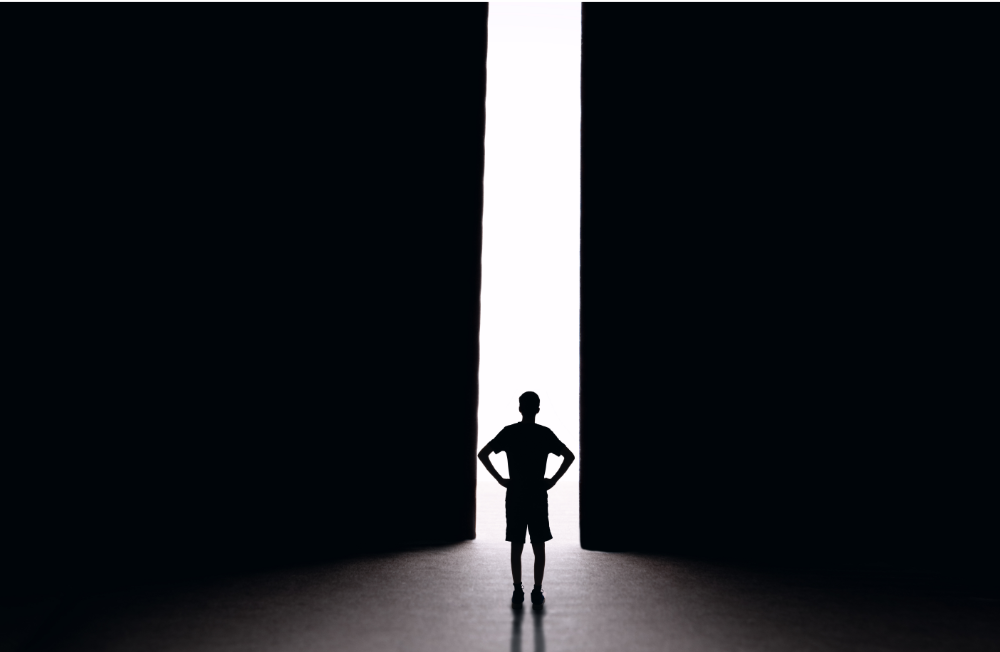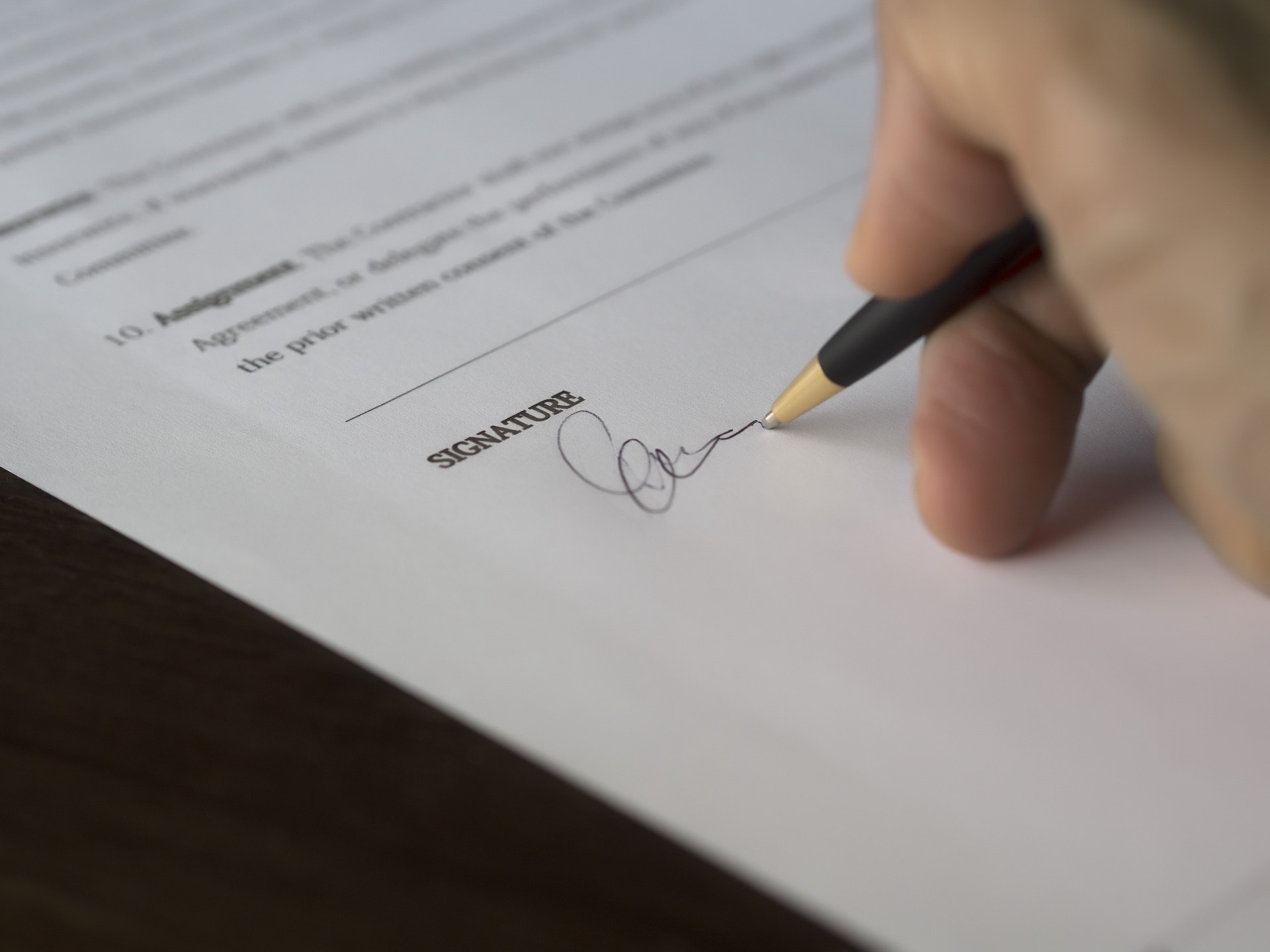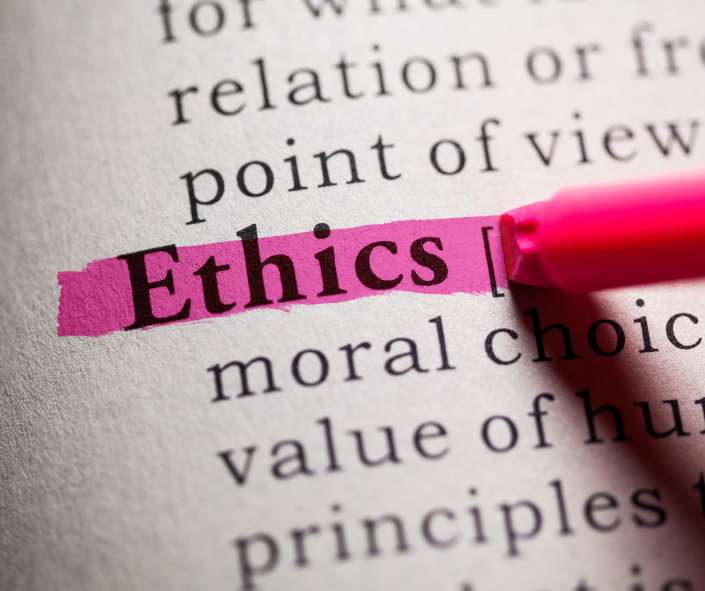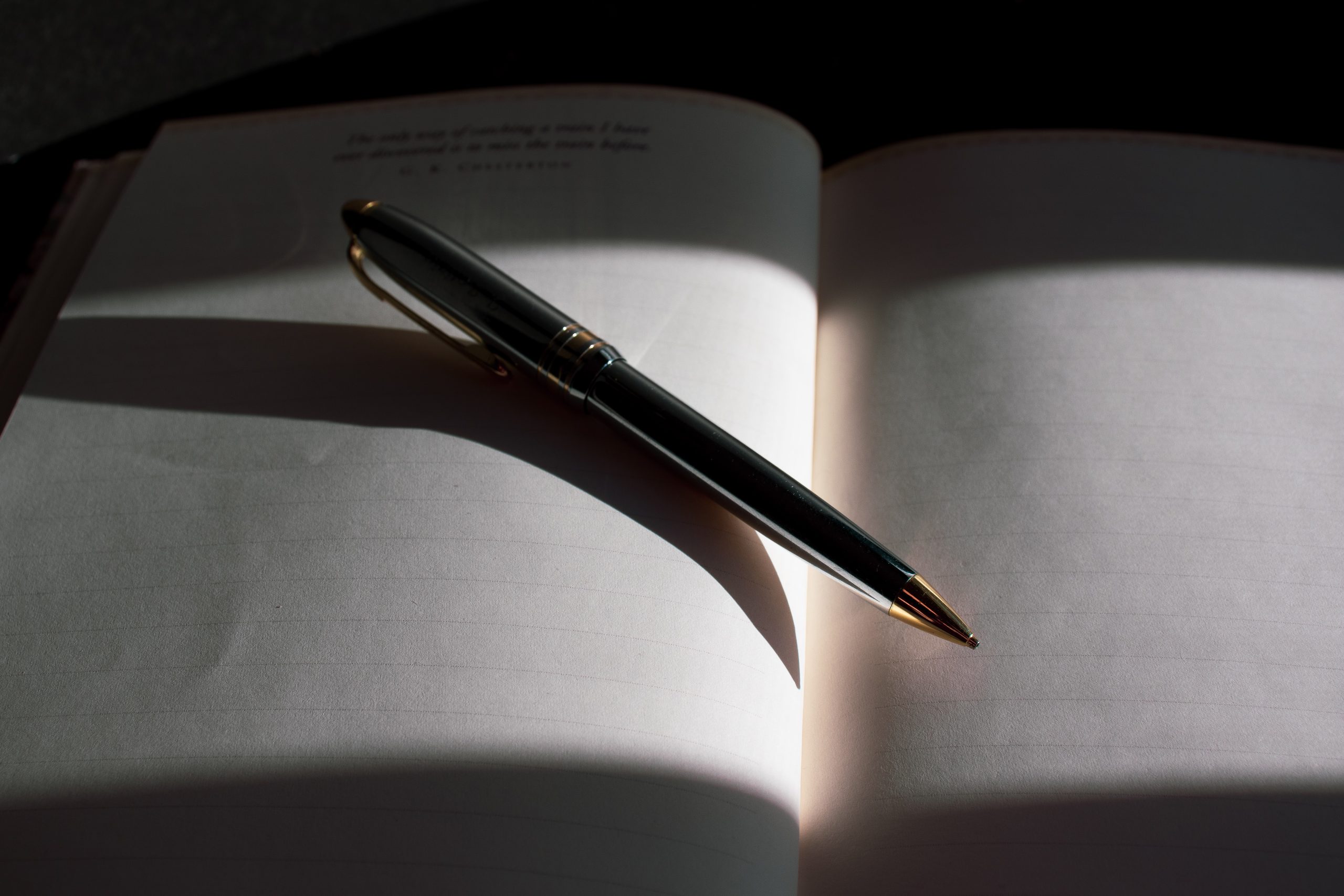Paul Tillich, the German-American theologian and philosopher, once wrote:
“A decision is rooted in the courage of being free.”
At first glance, this may sound like the kind of lofty sentiment you’d expect from a religious philosopher. But beneath its elegance lies a truth we wrestle with every day—one that speaks directly to our modern struggle to live authentically.
Freedom Is Not the Absence of Restraint
We often think of freedom as the removal of external limits: no boss telling us what to do, no one controlling our choices, no law restricting our actions. But Tillich was talking about something deeper.
The courage of being free is not merely about having the ability to choose—it’s about daring to choose.
Because let’s be honest: the act of deciding can be terrifying.
– What if I make the wrong choice?
– What if people disagree with me?
– What if it costs me relationships, money, or security?
Freedom without courage can become paralysis. We can have endless options, yet avoid deciding because the weight of the choice feels too heavy.
Why Decisions Require Courage
Courage is needed because every real decision is an act of self-definition. When you decide, you are saying:
– This is what I value most.
– This is the direction I will take.
– This is the person I am willing to become.
And in declaring these things, you also close the door on other possibilities. That’s the part we often forget—freedom is not infinite indulgence; it is disciplined selection.
Tillich’s insight is powerful because it reframes decision-making as a creative act. You are not just selecting between options—you are actively shaping the story of your life.
The Modern Relevance
Our culture loves the idea of freedom but struggles with the responsibility it demands. We scroll endlessly, keeping our options open. We delay commitments, telling ourselves we’re “waiting for the right time.” We let fear masquerade as prudence.
But in a world that overwhelms us with choices, indecision is not neutrality—it’s surrender. When we don’t choose, life chooses for us. Tillich’s reminder calls us back to a braver, more intentional way of living.
Practical Ways to Live This Out
If the courage to decide is the root of freedom, how can we cultivate it? Here are three steps:
1. Clarify What You Stand For – Before you can decide with courage, you must know your non-negotiables. What are your core values? What principles guide you when the choice isn’t easy?
2. Accept That Risk Is Inescapable – There is no such thing as a risk-free decision. Even doing nothing carries risk. Courage comes from embracing that reality, not avoiding it.
3. Act Before Certainty Arrives – Waiting until you have 100% certainty is a trap. The courage of being free means making the best decision you can with the information you have, and then moving forward with resolve.
A Final Word
Paul Tillich lived through two world wars, exile from his homeland, and the moral crises of the 20th century. He knew that courage was not bravado—it was the quiet strength to act when no one could guarantee the outcome.
His words still speak to us because the challenge is timeless: to stop living at the mercy of our fears, our circumstances, and the opinions of others.
Freedom is not handed to us—it is claimed, and it is claimed one decision at a time.
So the next time you face a hard choice, remember:
The decision is not just about the path ahead—it is about the courage to be free enough to take it.


